Top 11 Natural Remedies for Eczema in Babies
Eczema in babies can be quite frustrating for children, as it causes frequent itching, inflammation, or redness of the skin (1). It is common not to want to over-medicate your child; sometimes, letting their immune systems fight off conditions can be beneficial in the long term. However, there are some conditions, like eczema, that cannot be dealt with by the immune system alone. This is where natural remedies come and do their wonder. Natural remedies for infant eczema help your baby’s body build resistance to it without dosing your child and can also help manage the condition. Newborn eczema remedies are a great way of treating the condition without having to worry about going to and fro the medicine cabinet. Eczema medications for babies are usually recommended when the condition becomes too difficult to manage.
11 Easy and Effective Home Remedies for Baby Eczema
It can be a challenge to understand which home remedies for eczema in babies are myths and which can actually help, this is why we have compiled a list of accessible herbal remedies for baby eczema. It is advised to consult your doctor first before trying these infant eczema remedies as a precautionary step.
1. Luke-Warm Water Bath
One of the most irritating symptoms of eczema is itching. You can run a lukewarm bath for your baby, which will cool the skin and reduce itching. It also helps fight off dehydration of the skin. While giving your child a bath, use fragrant-neutral or non-soap cleansers for babies (2). Avoid anti-bacterial soaps.
2. Oatmeal Bath
Oatmeal baths are considered a great way to relax the skin. Oatmeal reduces itching and is hugely beneficial for the skin. To give your child an oatmeal bath, blend 2/3 of a cup of oats in a blender till it becomes a fine powder. Then, in warm or lukewarm water, sprinkle the powder in and mix till it has a silky texture. Soak your child in the water for 10-15 minutes and rinse them off with room temperature water. Paty dry gently and moisturise within 3 minutes of bathing (3).
3. Cold Pressed Coconut Oil
Cold-pressed coconut oil is rich in anti-bacterial properties, which lowers the risk of infections due to eczema. Additionally, cold-pressed coconut oil has hydrating properties that help soothe the skin. Thus, this oil is considered a natural moisturizer that manages eczema. Just apply the oil to your baby’s skin and gently massage it in circles for a few seconds.
4. Cold Pressed Sunflower Oil
Cold-pressed sunflower oil is a potent natural moisturiser and is rich in various healthy fatty acids, which, when absorbed through the skin, help combat eczema from underneath the skin’s surface. Apply this oil on your baby’s skin, and massage it clockwise and counter-clockwise for a few moments.
5. Soaking in Sea Salt Baths
Sea salt has anti-bacterial properties that can help avoid infections; sea salt baths are also extremely good for the skin in general due to the minerals present in salt. Soak your baby in a sea salt bath for 20 minutes, and it should reduce the itchiness and soothe the skin. To prepare this bath simply add sea salt to warm water, mix until the salt dissolves and you’re ready to go.
Ensure you keep your child in a clean environment, bathe and moisturise them regularly (4). It is recommended that you pat them dry or let them air dry. Wiping them with a towel could spread the bacteria and increase the likelihood of these rashes manifesting in other locations.
6. Tea Tree Essential Oil
Tea tree is extremely healthy for the skin, for a baby pure tea tree might be extremely harsh to their skin so dilute it with some lukewarm water. Tea tree essential oil has anti-bacterial properties that can help prevent infection due to eczema, and it also has skin hydrating and healing properties that soothe the skin and repair the damage of dry skin. Using a couple of drops mixed with any moisturizer can help combat eczema.
7. Chamomile Tea Bath
Chamomile tea is extremely good for the skin, it has soothing properties that can reduce itchiness and when absorbed through the skin can hydrate and heal damaged skin. To prepare this bath, simply soak 5 chamomile tea bags in warm water for 15 minutes, then mix and soak your baby for 20 minutes.
8. Sunlight
Taking your baby out for about 20 minutes in the sun can be hugely beneficial, the natural UV rays of the sun contain Vitamin D, this helps the skin absorb cholesterol through the skin and provides melanin, this also soothes your baby’s skin and heals the skin. Beware though, if the sun is too harsh it could have adverse effects instead. Ensure your baby doesn’t spend over 20 minutes in the sun with no sunscreen on.
9. Use Humidifiers
Humidity is good for the skin, it hydrates the body, reduces inflammation and helps alleviate itchiness. Use a humidifier in the room that your baby occupies regularly to help manage eczema, ensure you combine this with the use of moisturisers.
10. Loose Clothes
Dress your baby in loose, breathable clothes made of organic material, preferably 100% cotton (5). Tight clothing can cause sweating and spread the bacteria that cause eczema. Make sure they are wearing comfortable clothes that don’t hug the skin too tightly.
11. Aloe Vera Gel
The aloe vera plant is famous for its super hydrating and healing properties. You can apply some freshly sourced or pure aloe vera gel to your baby’s skin to reduce the intensity of itching and inflammation of the skin. Make sure to buy only 100% natural aloe vera gel devoid of fragrances and chemicals.
FAQs
1. What is baby eczema?
Baby eczema or infant eczema is common skin condition faced by babies and young children that makes their skin dry, bumpy, and itchy (6).
2. What causes eczema in babies?
Eczema can be caused by skin allergens or irritants like dust mites, harsh chemicals in baby care products, and certain foods like allergy to cow’s milk. This skin condition can be also genetic or an immune system reaction (7).
3. What can parents do to reduce triggering of eczema in babies?
Sweat, drool, tobacco smoke, dust, pet dander, strong laundry detergent, dry air, pollen, fabric softeners, harsh soaps and shampoos, baby wipes, and more are some common triggers of inducing eczema in babies. Find out what’s causing your infant eczema and eliminate it from your baby’s surroundings and routine (8) (5).
4. Can a baby’s diet induce eczema in babies?
Eczema can be caused due to food allergies. Cow’s milk and eggs are major contributors to eczema in children, which can cause redness or skin itching during or soon after the feeding (7). Therefore, it is always advised to test food items individually, especially allergy or intolerance-causing food items, when introducing new foods to babies.
The best way to approach managing this condition is by combining treatment methods, by taking your child out for 15 minutes in the sun, giving them an eczema treatment bath like the ones mentioned above and using natural moisturizers like cold-pressed coconut oil as well as using a humidifier and dressing them up with comfortable loose clothing on a regular basis, you can manage the condition much more efficiently. Additionally, ensure that the room your baby spends the time it is cool. The use of air conditioners and ceiling fans during the summer can help reduce skin irritation due to sweat.
Remember, it is also important to understand that these techniques are only to help manage and heal minor forms of eczema, it is still recommended that you get medical advice for the condition and follow the instructions of your medical care specialist. These techniques can be added to their advice but should not be used without the instructions of your doctors.
References/Resources:
1. Causes, symptoms, treatment and more; National Eczema Association; https://nationaleczema.org/eczema/children/
2. Eczema (Atopic Dermatitis); Nemours KidsHealth; https://kidshealth.org/en/parents/eczema-atopic-dermatitis.html
3. HOME REMEDIES: WHAT CAN RELIEVE ITCHY ECZEMA?; American Academy of Dermatology Association; https://www.aad.org/public/diseases/eczema/childhood/itch-relief/home-remedies
4. How to treat baby eczema; Mayo Clinic; https://www.mayoclinic.org/diseases-conditions/atopic-dermatitis-eczema/expert-answers/baby-eczema/faq-20450999
5. How to Treat & Control Eczema Rashes in Children; American Academy of Pediatrics; https://www.healthychildren.org/English/health-issues/conditions/skin/Pages/How-to-Treat-and-Control-Eczema-Rashes-in-Children.aspx
6. Baby Eczema; Cleveland Clinic; https://my.clevelandclinic.org/health/diseases/23408-baby-eczema
7. Eczema; Seattle Children’s; https://www.seattlechildrens.org/conditions/a-z/eczema/
8. HOW TO TREAT ECZEMA IN BABIES; American Academy of Dermatology Association; https://www.aad.org/public/diseases/eczema/childhood/treating/treat-babies
Also Read:
Skin Allergies in Infants
Skin Discoloration in Babies
Skin Rashes in Babies
The Complete Guide to Skin Care in Babies
Was This Article Helpful?
Parenting is a huge responsibility, for you as a caregiver, but also for us as a parenting content platform. We understand that and take our responsibility of creating credible content seriously. FirstCry Parenting articles are written and published only after extensive research using factually sound references to deliver quality content that is accurate, validated by experts, and completely reliable. To understand how we go about creating content that is credible, read our editorial policy here.





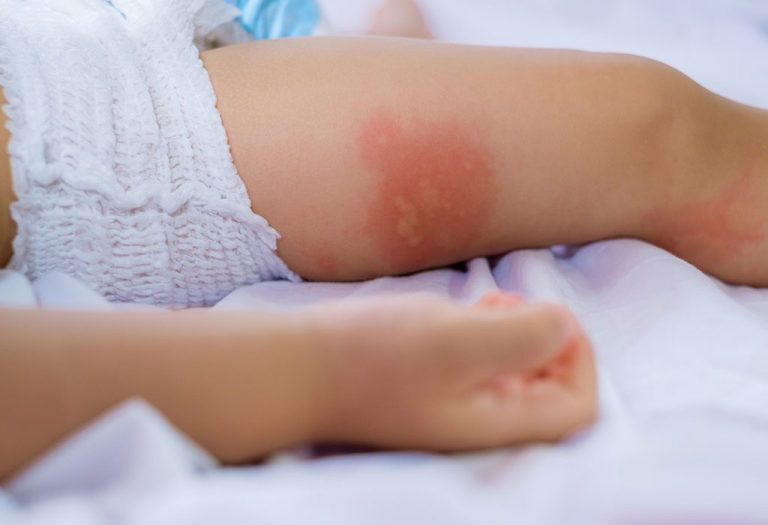

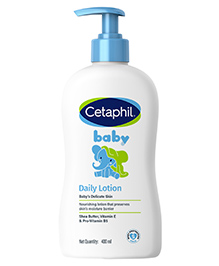
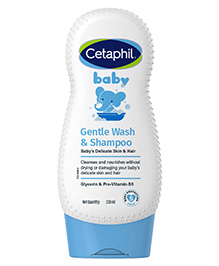
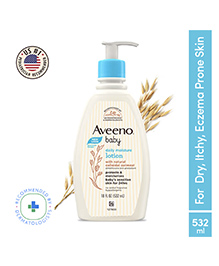
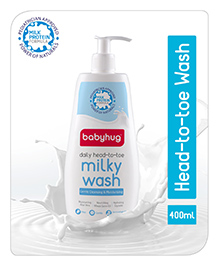
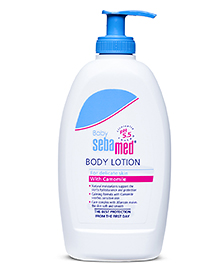
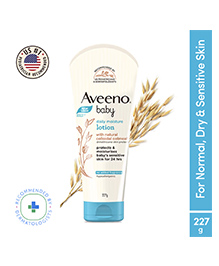
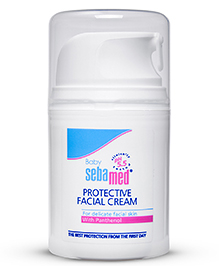

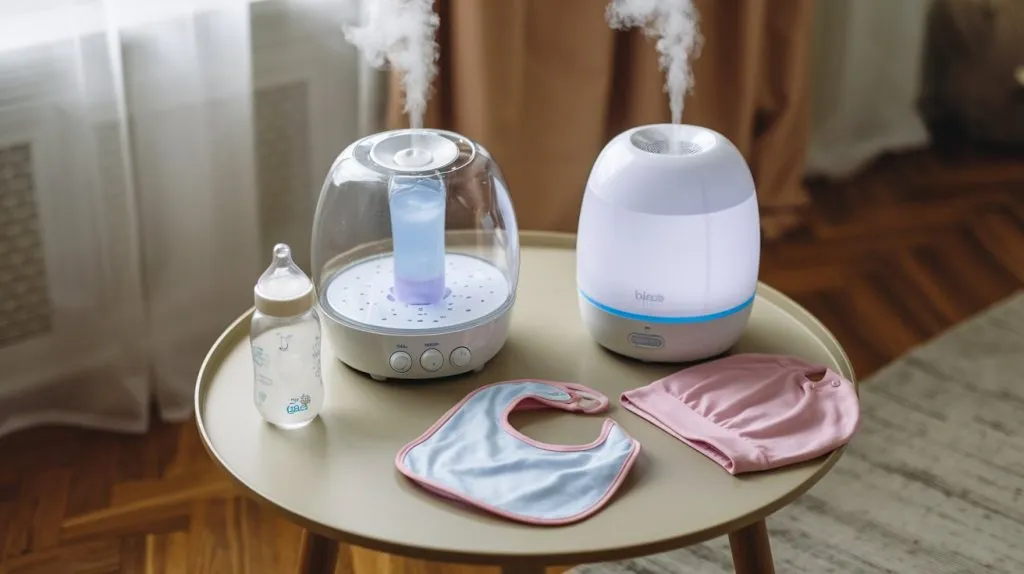
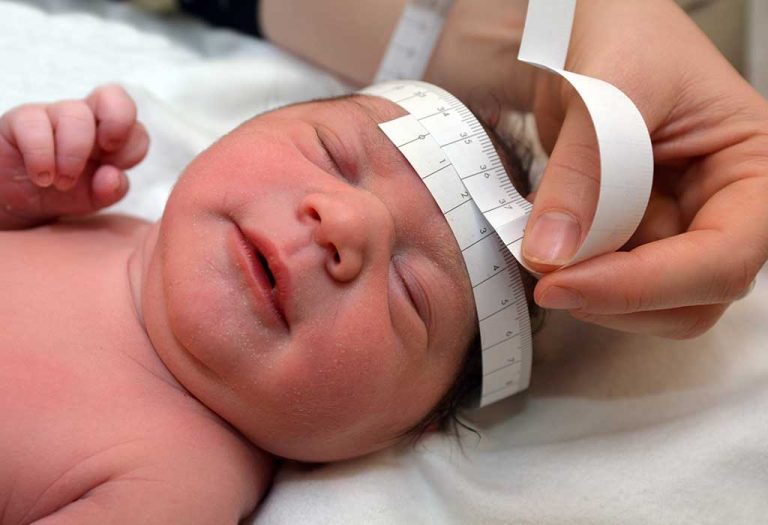
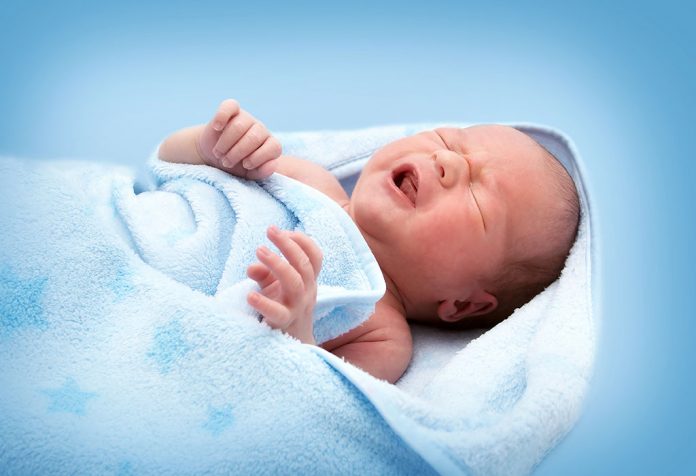
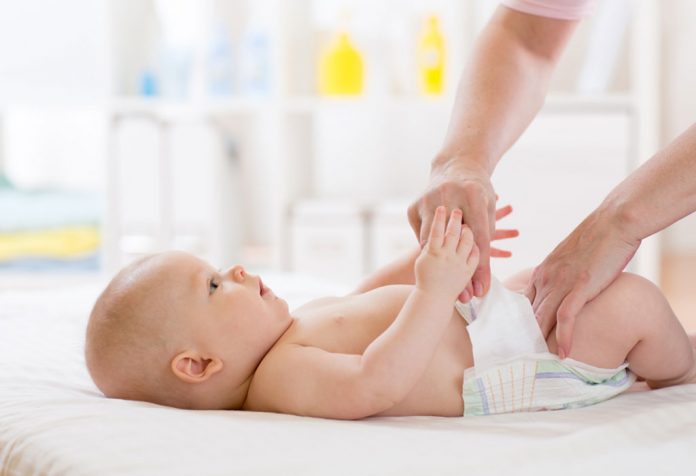
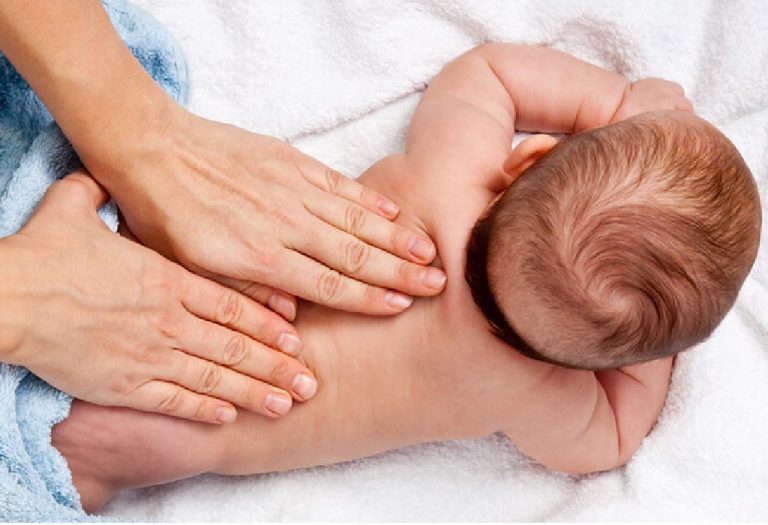
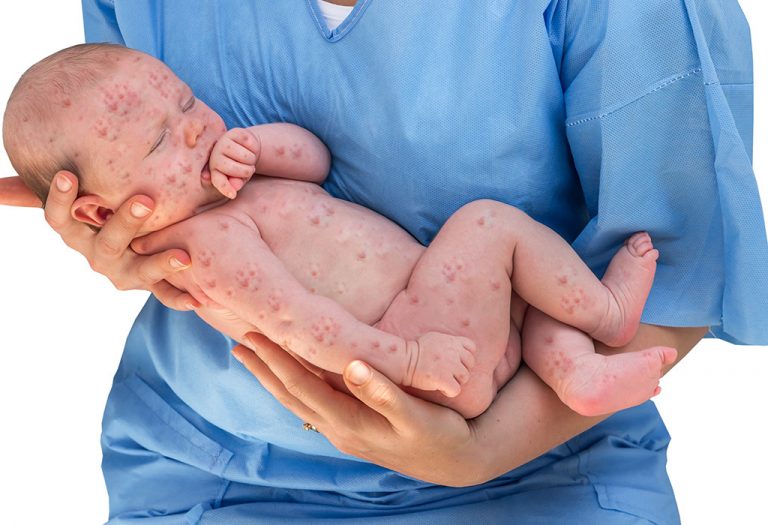


.svg)


















